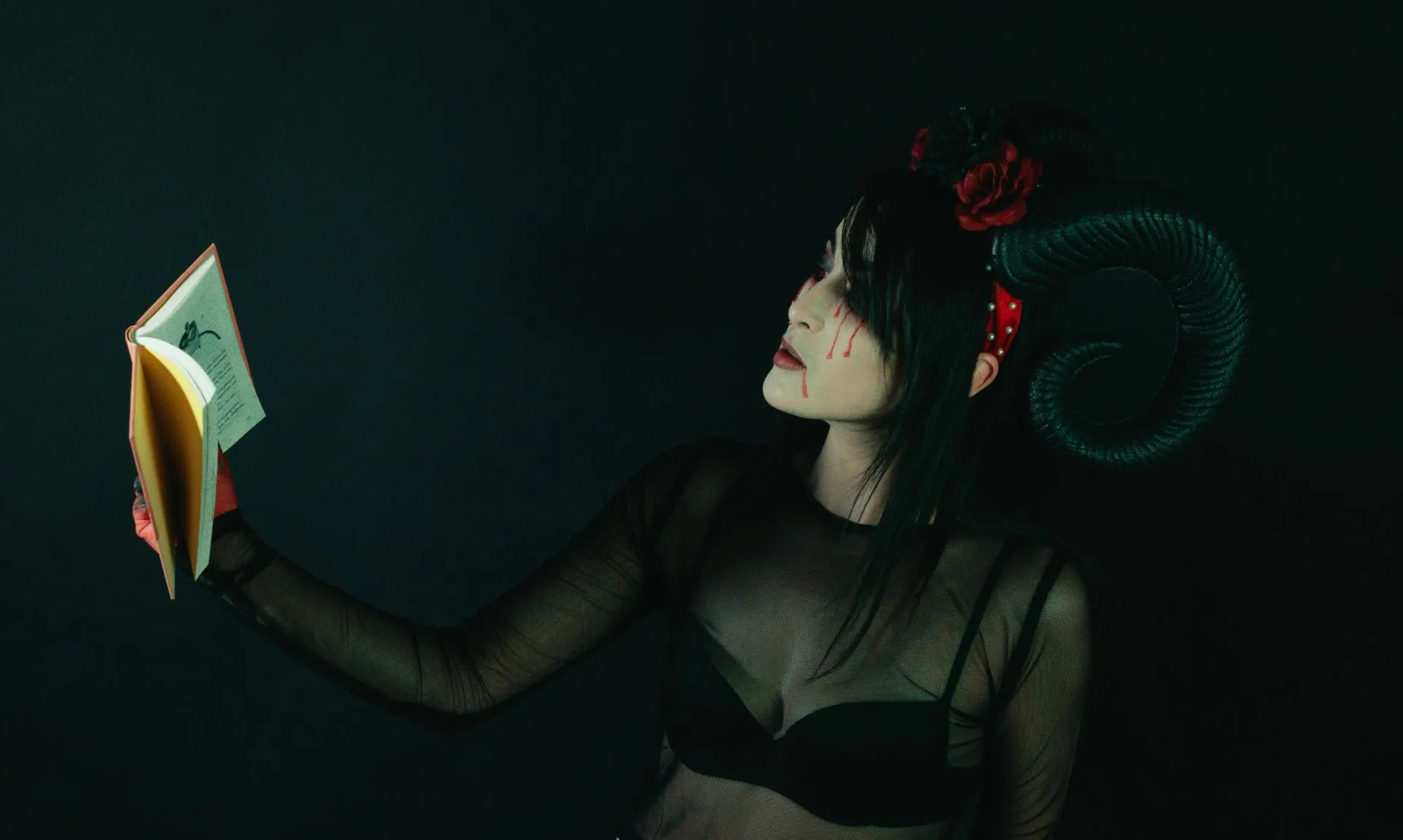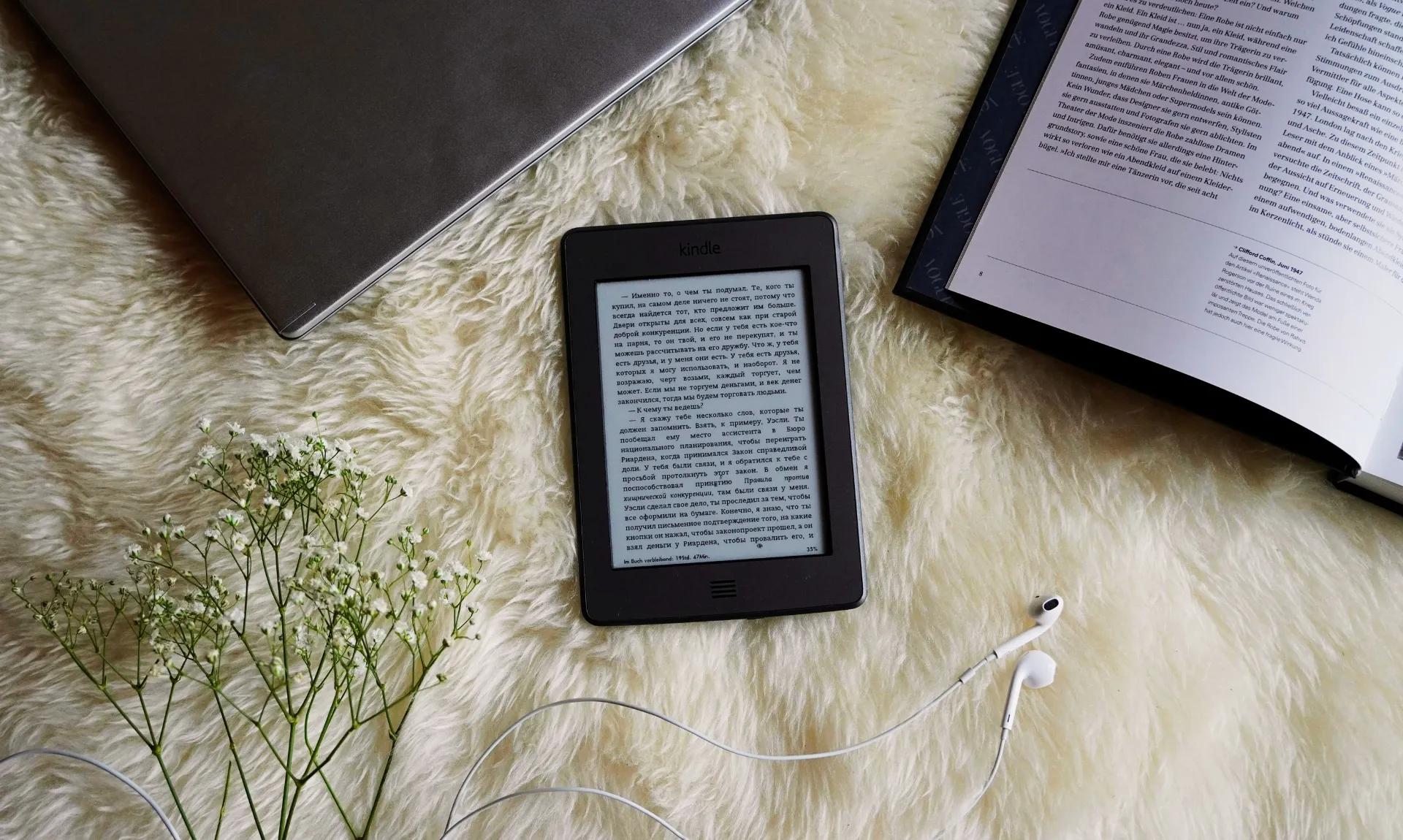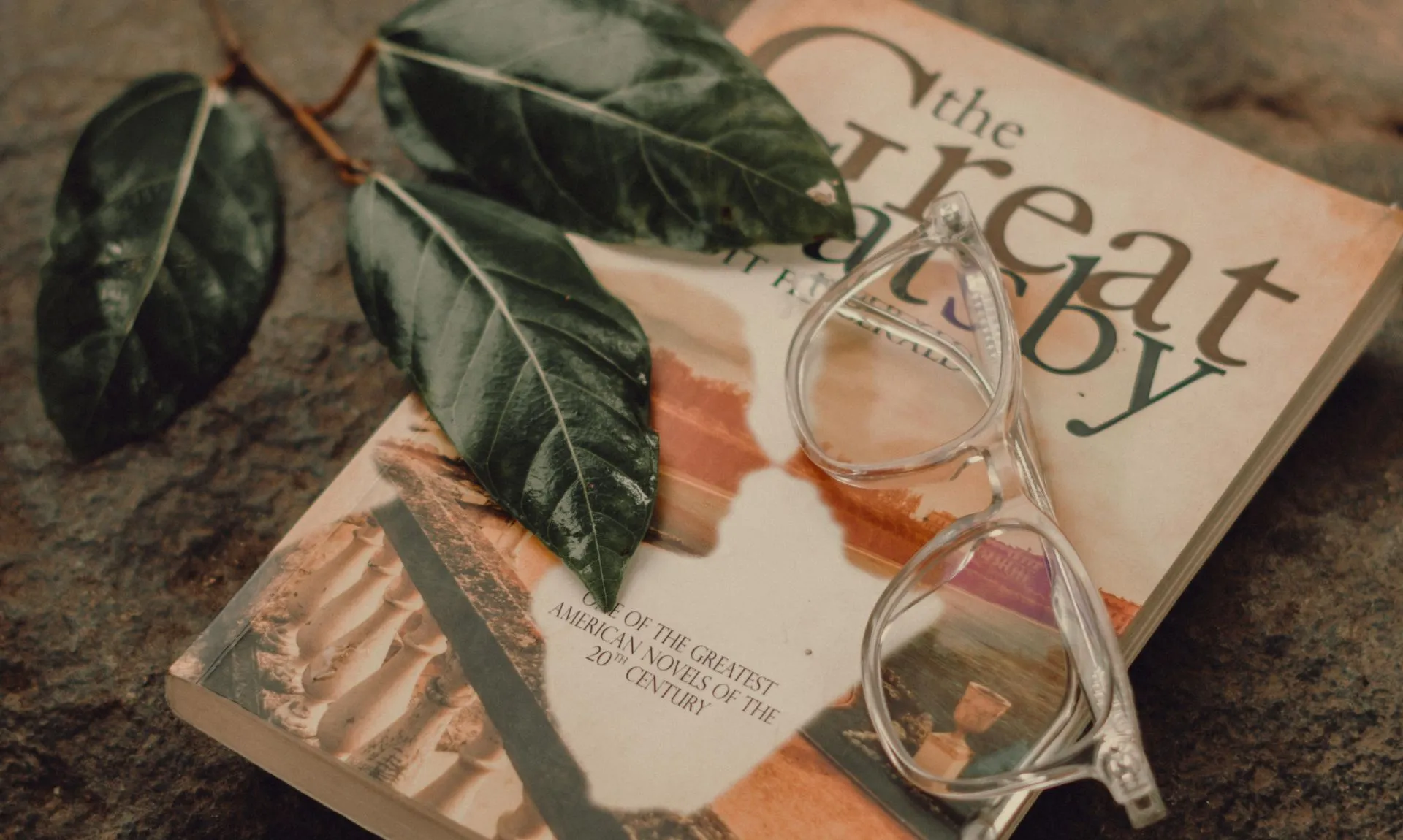
The Great Gatsby by F. Scott Fitzgerald: Honest Review & Summary
Table of Content
Book Snapshot
The Great Gatsby by F. Scott Fitzgerald is a 1925 novel set in post-war America. The book shows events from 1922. It is a tragic tale of a wealthy man, Jay Gatsby, falling hopelessly in love with his past sweetheart, Daisy. The Great Gatsby shows the lack of hope, the confused characters, and the consistent presence of uncertainty that rules people’s lives in the post-war era. It is nostalgic, sad, yet beautifully written.
What It’s About (Spoilers Ahead)
The Great Gatsby by F. Scott Fitzgerald is narrated by Nick Carraway, who narrates the life of his enigmatic and wealthy neighbor, Jay Gatsby. Gatsby was a captain and later a major in WWI. The book mainly focuses on his life after his return from the war. He uses Nick to reconnect with his past sweetheart, Daisy Buchanan, who is now married to Tom Buchanan. Gatsby trusts Nick because he is Daisy’s cousin. He tells Nick how he has planned everything since the beginning, only to meet Daisy, which shows his obsessive nature.
Nick’s narrative shows that Daisy is not only a naïve character but a materialistic woman as well. She marries Tom for financial security, and she is heavily influenced by Gatsby’s wealth. She is also a victim of domestic abuse, which is not apparent in the novel. There are enough hints, though; her husband surely has temperament issues and has a controlling personality. But you rarely get a 20th-century author blaming his male protagonist. Anyway, Daisy is the perfect depiction of a damsel in distress saved by Gatsby.
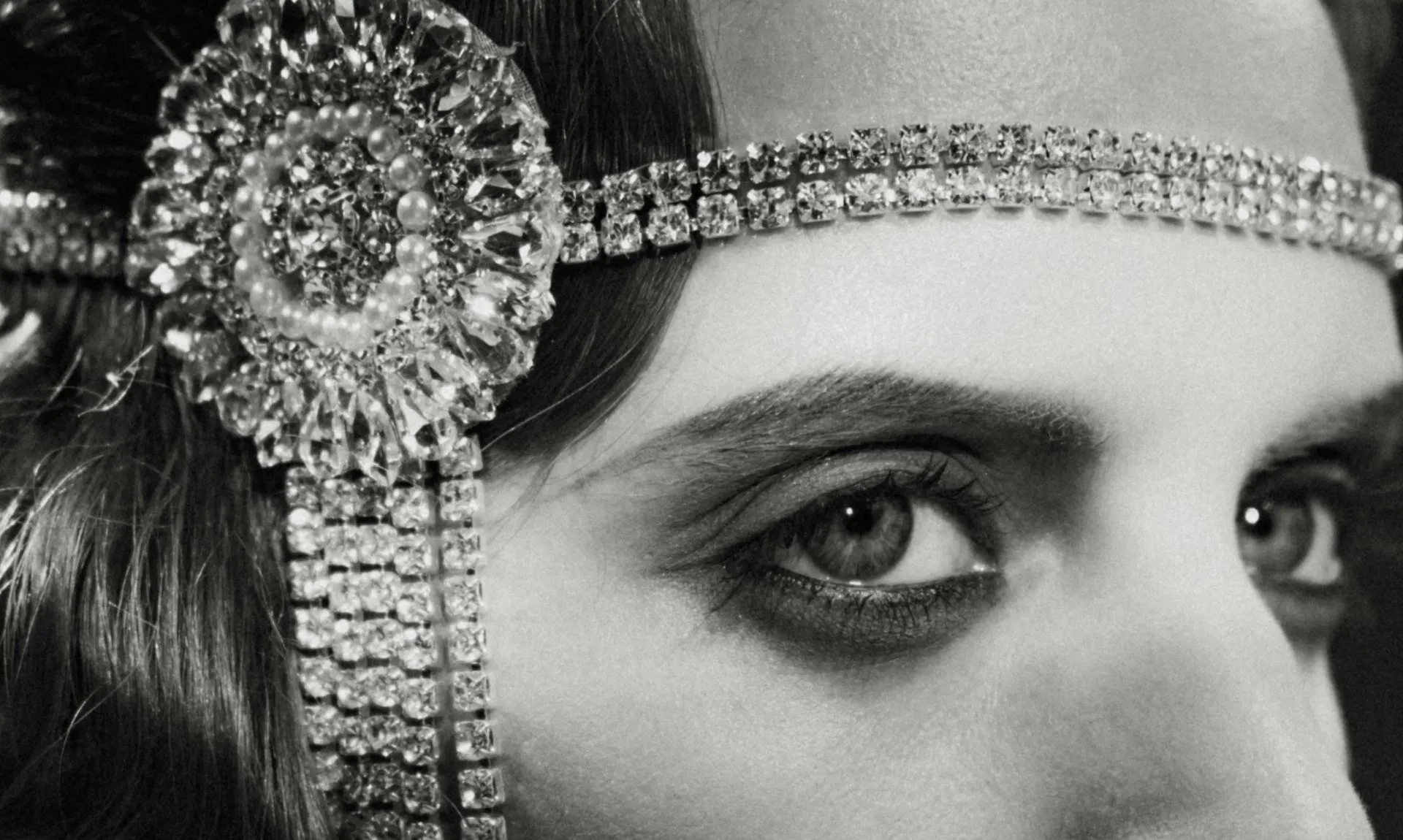
Daisy’s husband, Tom, is also a wealthy man. He has an affair with Myrtle Wilson, who is a middle-class married woman. At the end of the novel, a terrible accident by Gatsby’s car kills Myrtle. Daisy is behind the wheel, but Gatsby asks her not to tell anyone and willingly takes the blame to save her. Myrtle’s husband, George Wilson, believes that Gatsby hit her and he kills him. Daisy goes back to her husband. There are barely enough people who attend Gatsby’s funeral. The novel shows the post-war life filled with hopeless romances, materialistic attitudes, and confused minds. Jay Gatsby, despite all his wealth and status, is just an exhausted flame. He sparks for a moment, and then all gone!
Let’s Talk Storytelling
Fitzgerald’s writing style is symbolic and poetic. One of the major reasons for The Great Gatsby’s success is its symbolic narrative. It is still taught in schools for the same reason. The quotes are profound and full of meaning. The reference to the green light at the end of Daisy’s deck, which Gatsby wants to hold, is one of the best symbols for desire you will ever find in literature. This is one of the most quoted references whenever the symbolism of the novel is discussed. Also, the narrative speaks a lot about the American Dream, which is still a very relatable theme.
The book has a first-person narrative, so we get Nick’s perspective all the time. My personal opinion is that this narrative is more powerful in the 2013 film starring Leonardo DiCaprio and Tobey Maguire. The novel is descriptive, which I admire, but it often gets annoying because the narrator sounds extremely biased. The film makes up for this biased voice. The setting and depiction are so brilliant with Maguire’s perfect background narration that you barely doubt the narrator. Anyway, the storytelling is poetic and beautiful in the book, too. It is slow-paced, but it suits the tragic nature of the story.
Characters in The Great Gatsby
The Great Gatsby has three main characters that will stay with you: Jay Gatsby, Nick Carraway, and Daisy Buchanan. Jay is a strong male protagonist, but you soon realize that his obsession makes him stupid. His pursuit of some idealized love will never be fulfilled. He is more like an emotional teenager who does not understand the intensity of his actions. He appears fascinating in the beginning because, well, he has a lot of wealth and, as Nick says, the most amazing smile too, but not someone who will leave an everlasting impact.
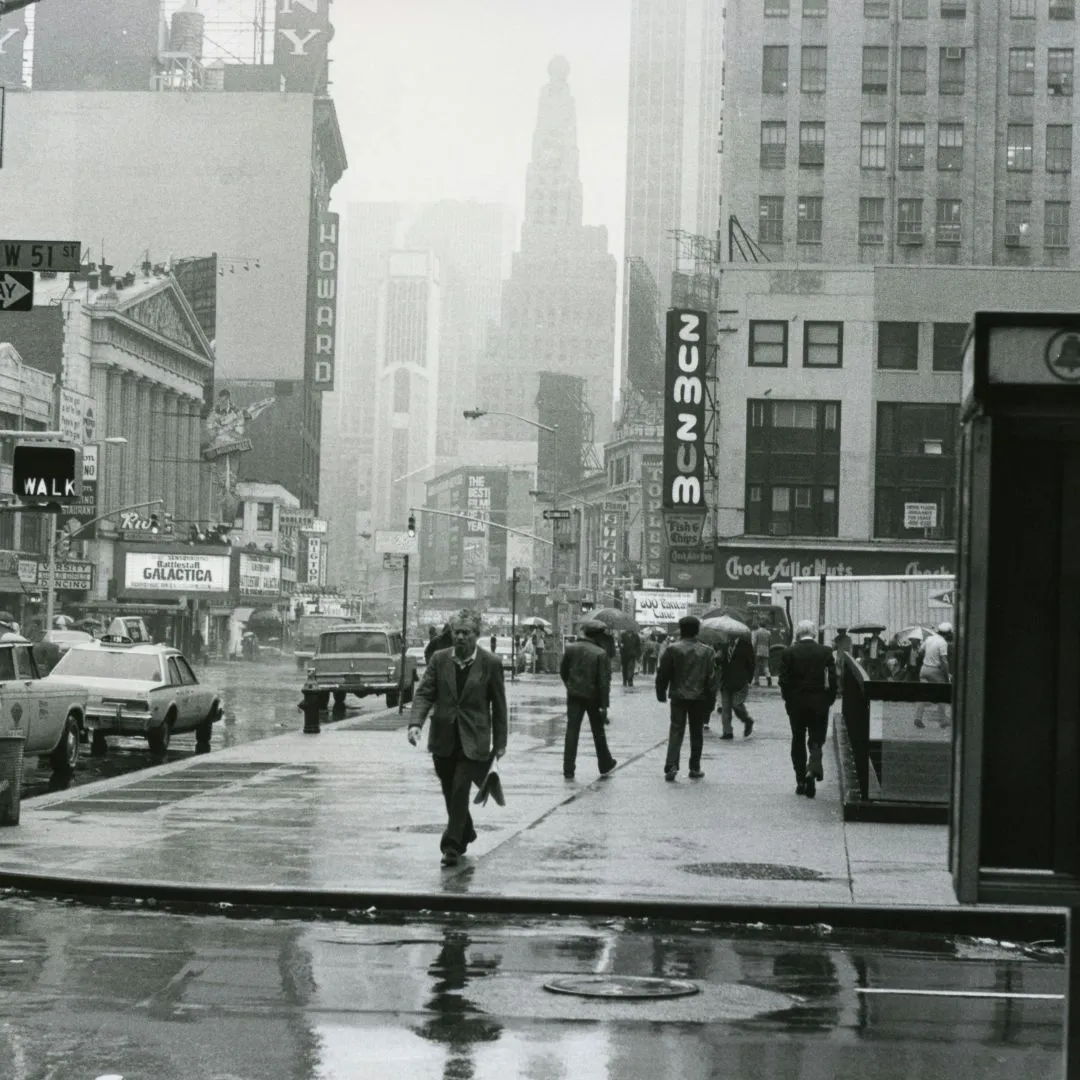
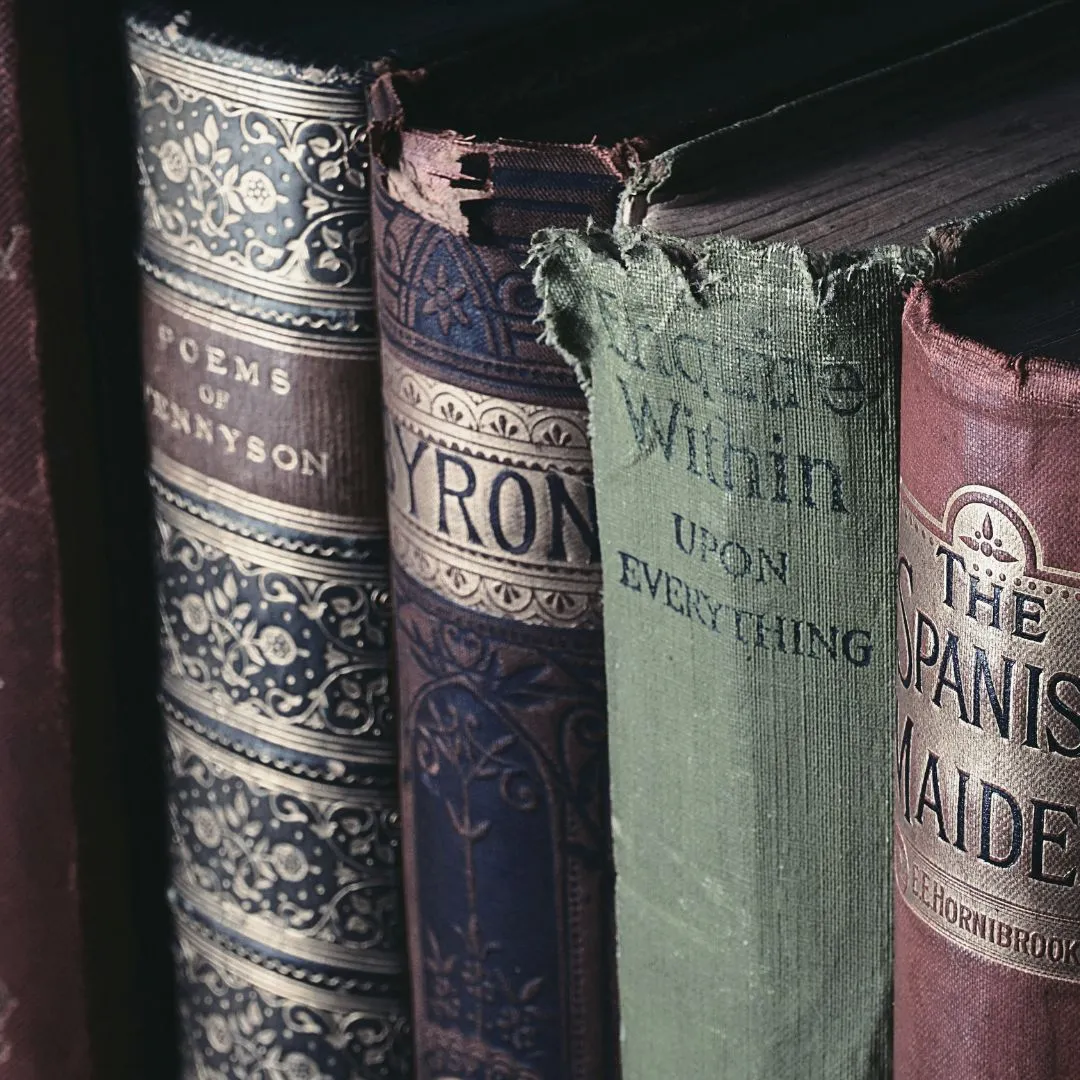
Daisy is not fully portrayed. We get Nick’s perspective, and he is so obsessed with Gatsby. He barely cares to give a full account of her. She is just a woman who is easily influenced by wealth and status, according to Nick, Gatsby, and Tom. I am not really trusting male perception here, but whatever you find reliable!
Nick is the only character who is remotely likeable. It is mainly because his narrative is so poetic and beautiful that you start liking the character. But when you start dissecting his narrative, it is obvious that he is biased which makes him annoying.
The characters are deeply flawed. All of them! The only thing that makes them believable is the fact that Fitzgerald shows the post-war era. The characters are living in extremely uncertain conditions. You understand Gatsby’s fears and Daisy’s concerns once you draw a connection between their personalities and the time period they are living in.
Themes, Feels & Food for Thought
The main theme of The Great Gatsby is the illusion of the American Dream. Fitzgerald critiques the idea that wealth and status can bring happiness, with characters whose pursuits of material success lead to emptiness. Gatsby has everything, but his life is an utter misery.
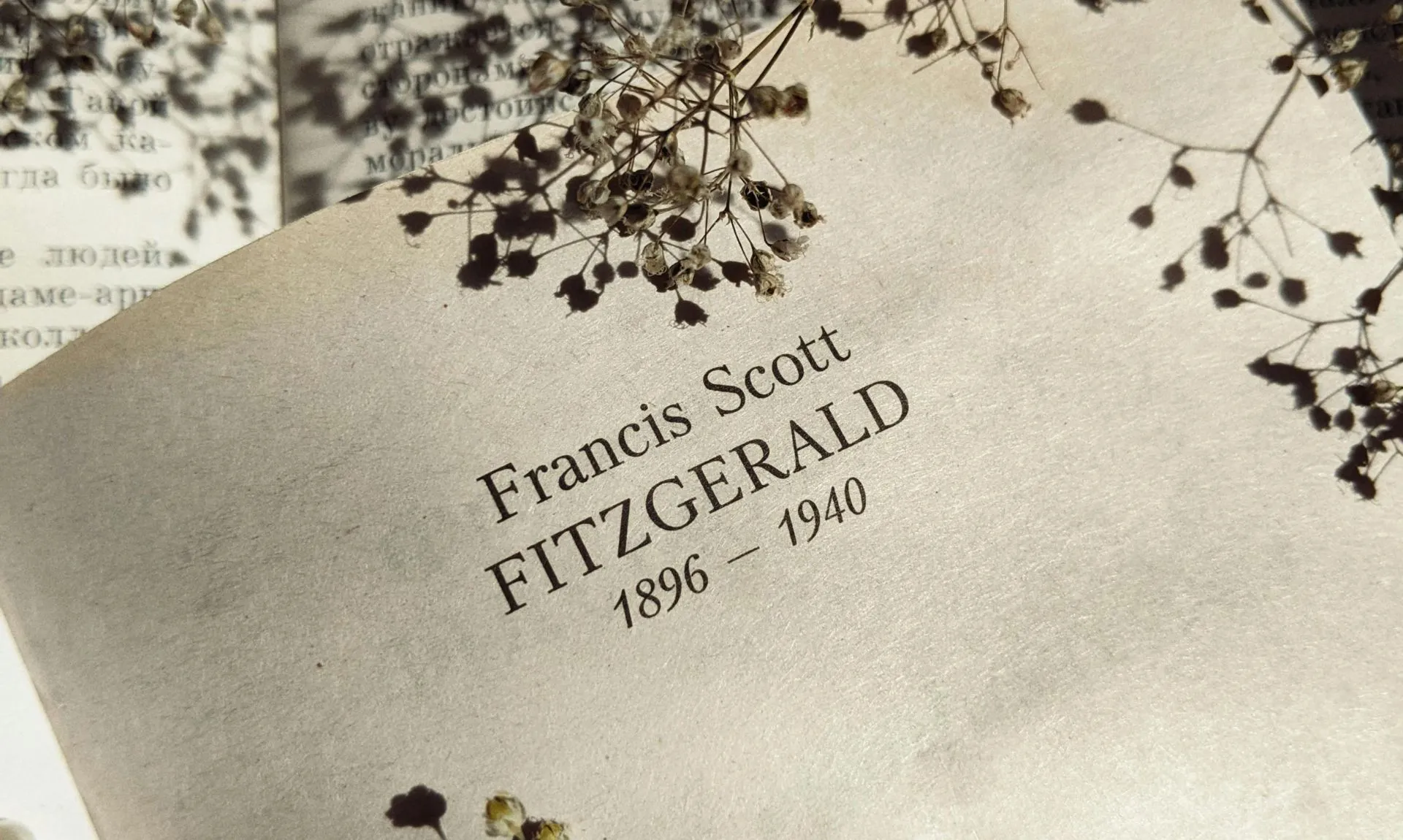
Love and obsession are also central themes, particularly Gatsby’s idealization of Daisy. The story leaves readers reflecting on the destructive power of desire and how people can build entire lives around illusions.
Favorite Lines
It’s hard to choose favorite lines because, despite the novel’s flaws, the narrative is impeccable. Here are some of my favorite quotes:
“Whenever you feel like criticizing anyone,’ […] ‘just remember that all the people in this world haven’t had the advantages that you’ve had” (p. 1).
Nick refers to his discussion with Daisy, and these lines uttered by her show that she is more than what the men around her would like to accept; she understands the world, realizes her limited role in it, and decides to play her part!
“I’m glad it’s a girl. And I hope she’ll be a fool—that’s the best thing a girl can be in this world, a beautiful little fool” (p. 15).
When Daisy visits Gatsby’s massive mansion for the first time, Nick notes Gatsby’s reaction. It shows his obsessive, naïve, and vain personality.
“He hadn’t once ceased looking at Daisy, and I think he revalued everything in his house according to the measure of response it drew from her well-loved eyes” (p.77).
Fitzgerald often refers to the futility of Gatsby’s desires,
“He looked around him wildly, as if the past were lurking here in the shadow of his house, just out of reach of his hand” (p. 93).
The last paragraphs are beautiful, sad, and extremely tragic. My favorite parts are where Nick emphasizes the futility of Gatsby’s dreams,
“He must have felt that he had lost the old warm world, paid a high price for living too long with a single dream” (p. 138).
What I Liked In The Great Gatsby?
The strength of The Great Gatsby is obviously the narrative. The prose is beautiful and poetic. You can sense it in the quotes, too. The long extracts that I haven’t attached here are also amazing. The ending lines are way too beautiful. Also, the element of tragedy is very strong, which also makes it a memorable read.
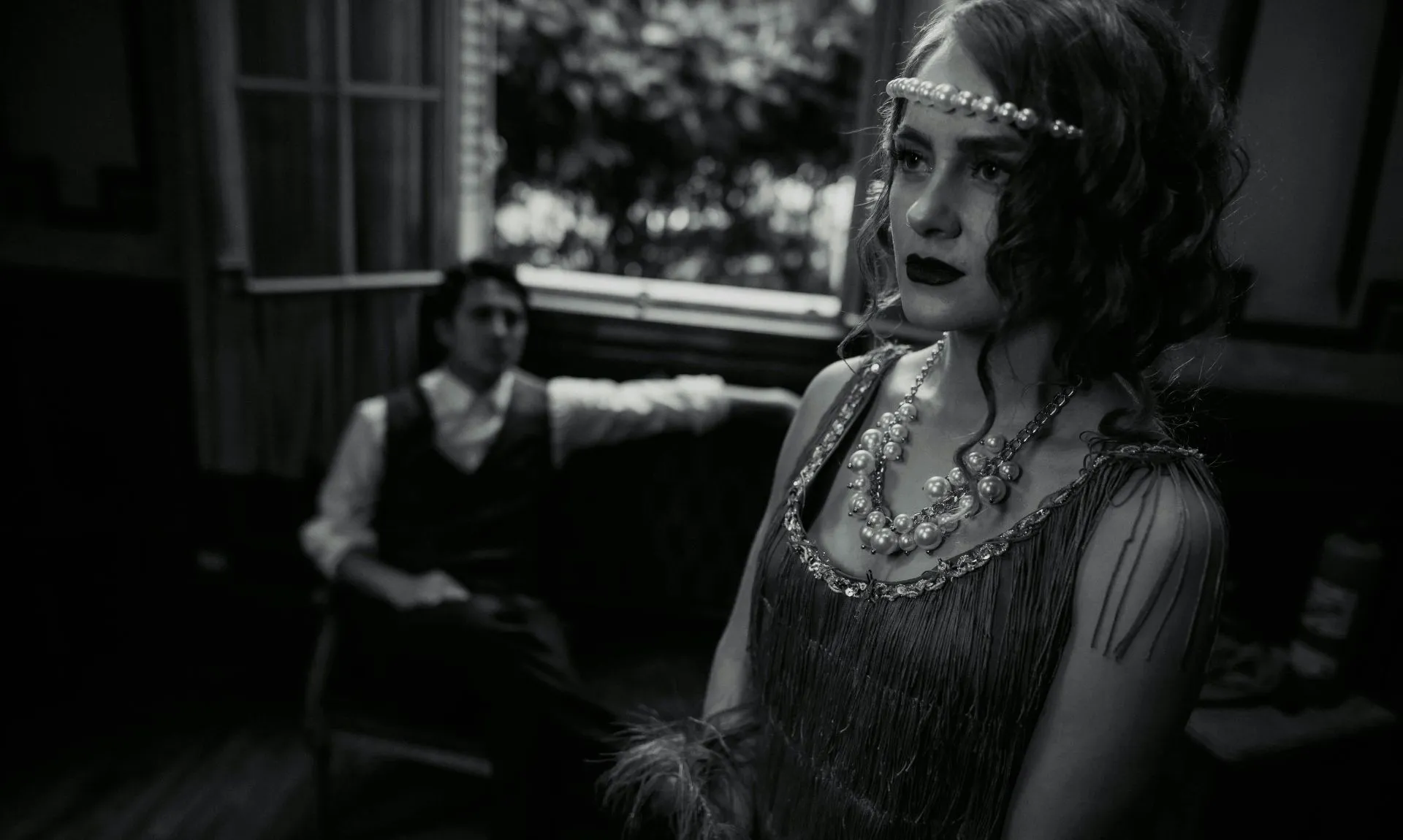
I must admit that Gatsby and Daisy are not ideal lovers, but they love each other. They simply fail to assert it. I think a failed love story makes you ignore character flaws for a moment, you realize the sadness and melancholy that will rule their lives forever. The Great Gatsby presents a bigger picture of unattainable dreams. Gatsby does everything for Daisy, and he still fails. I loved the association Fitzgerald draws between the personal tragedy and the social disillusionment.
The Not-So-Great Parts
The most annoying thing about the novel is Daisy’s portrayal. At the beginning of the novel, I had a feeling that Nick would present an equally thought-provoking character of Daisy. But as the novel moves forward, you clearly sense a shift in Nick’s narrative. He focuses more and more on Jay Gatsby and his magnificent persona, and Daisy is lost somewhere. We meet her character either from Nick’s perspective or Gatsby’s perspective, and I think both are unfair.
On top of that, Gatsby’s abnormal obsession is narrated like a hero’s journey. Daisy loved Gatsby in the past, but she is trapped by so many things when Gatsby meets her after five years. In his absence, she got married for financial security, and Nick made it sound so bad, but what do you expect a woman from the early 20th century to do? She can’t read, she can’t have a job, she can’t even vote, so what should she do? She simply wants to be seen and heard, and unfortunately, it’s quite a task when you are a woman!
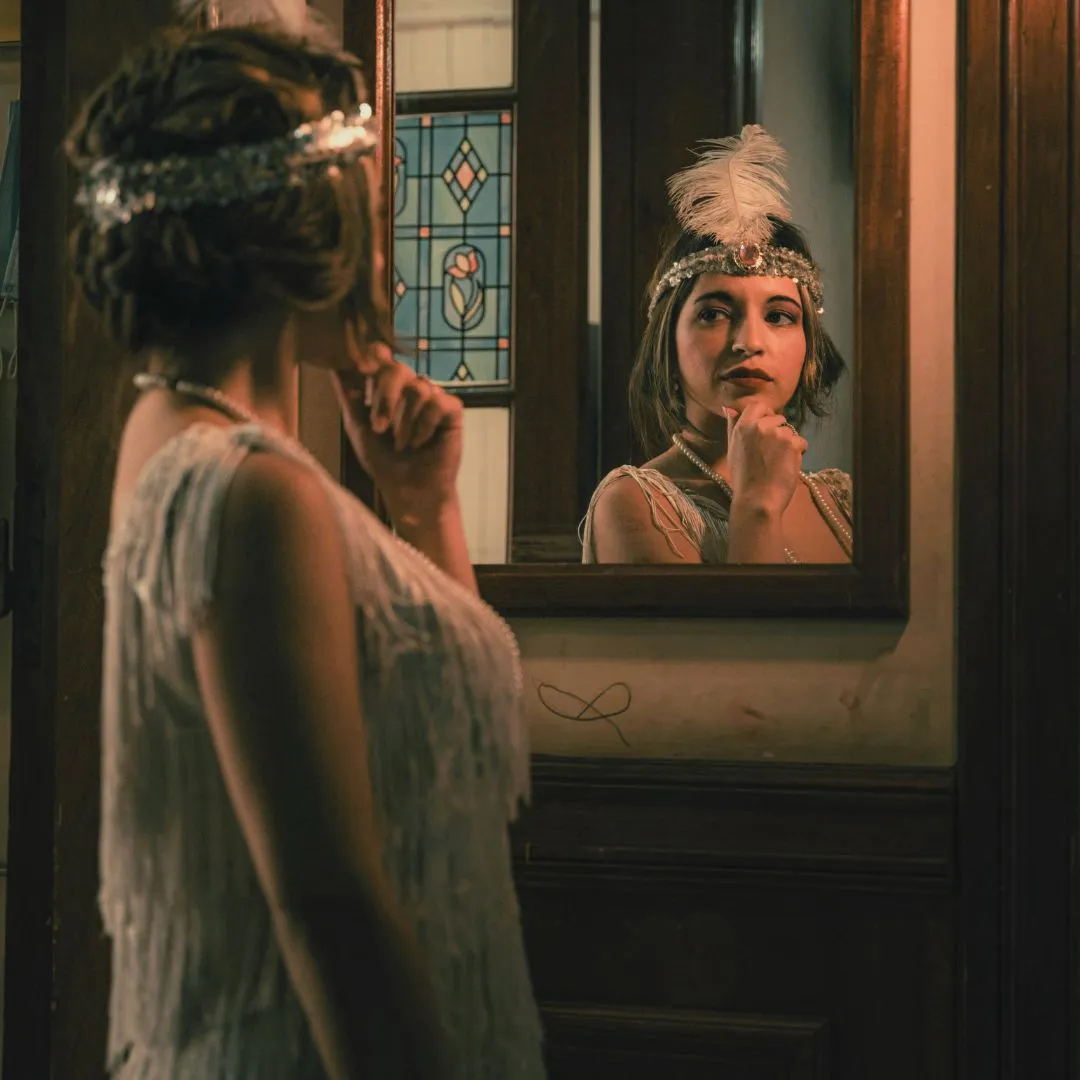
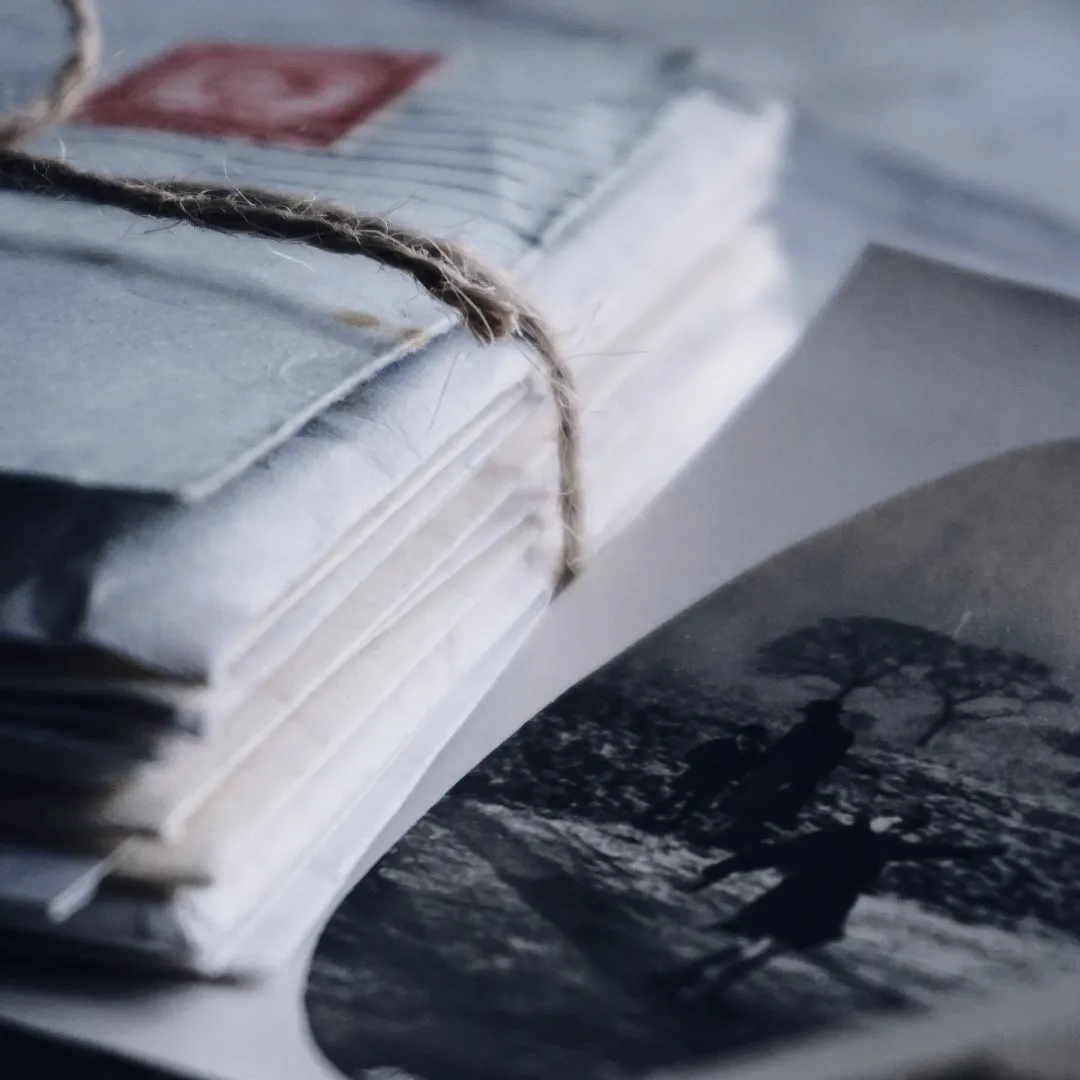
The worst thing about the novel, in my opinion, is the unreliable narrator. I don’t trust the narrator. He is biased and obsessed. Also, we have to understand that Daisy and Myrtle are women written by a man, a 20th-century man, so it’s understandable that he would make them as stupid, naïve, dependent, and even evil as humanly possible. The novel, low-key, proves why we needed feminism in the 20th century, but that’s a different debate, and I don’t want to go down that road while reviewing a fan-favorite classic.
Also, the plot was repetitive, the story was slow-paced, and the overall plot just does not make much sense if you remove the poetic narrative. I think the book is loved and admired because it has lots of symbolism and metaphors, but if you dissect the actual story, there is nothing great.
Final Thoughts
The Great Gatsby is a beautifully written yet flawed portrayal of obsession, love, and the American Dream. The writing is undeniably poetic and symbolic, but the plot often becomes frustrating, and the characters can get really annoying.
I will recommend it to those who want to read short classics with a hint of tragedy, but just to warn you, it is not something that you are missing. There are better classic books than this. Dostoevsky’s short books are way better. Anyway, this TOO can be your next short book to smash that hypothetical reading challenge that keeps you up at night!
Also, you may read The Great Gatsby if you are looking for a specific read, i.e. you want a story set in post-war America, about the tragedy of a man who seemingly has everything, in a narrative which is not action-packed but has a slow and beautiful exploration of desire, love, obsession, and illusions then yes this is your book!
If you’re looking for more short, impactful reads, I have added 5 short book recommendations that will surely help you hit your reading goal!
Reference:
Fitzgerald, F. Scott. The Great Gatsby. Harper Muse Classics: Printed Edition, 2022.


